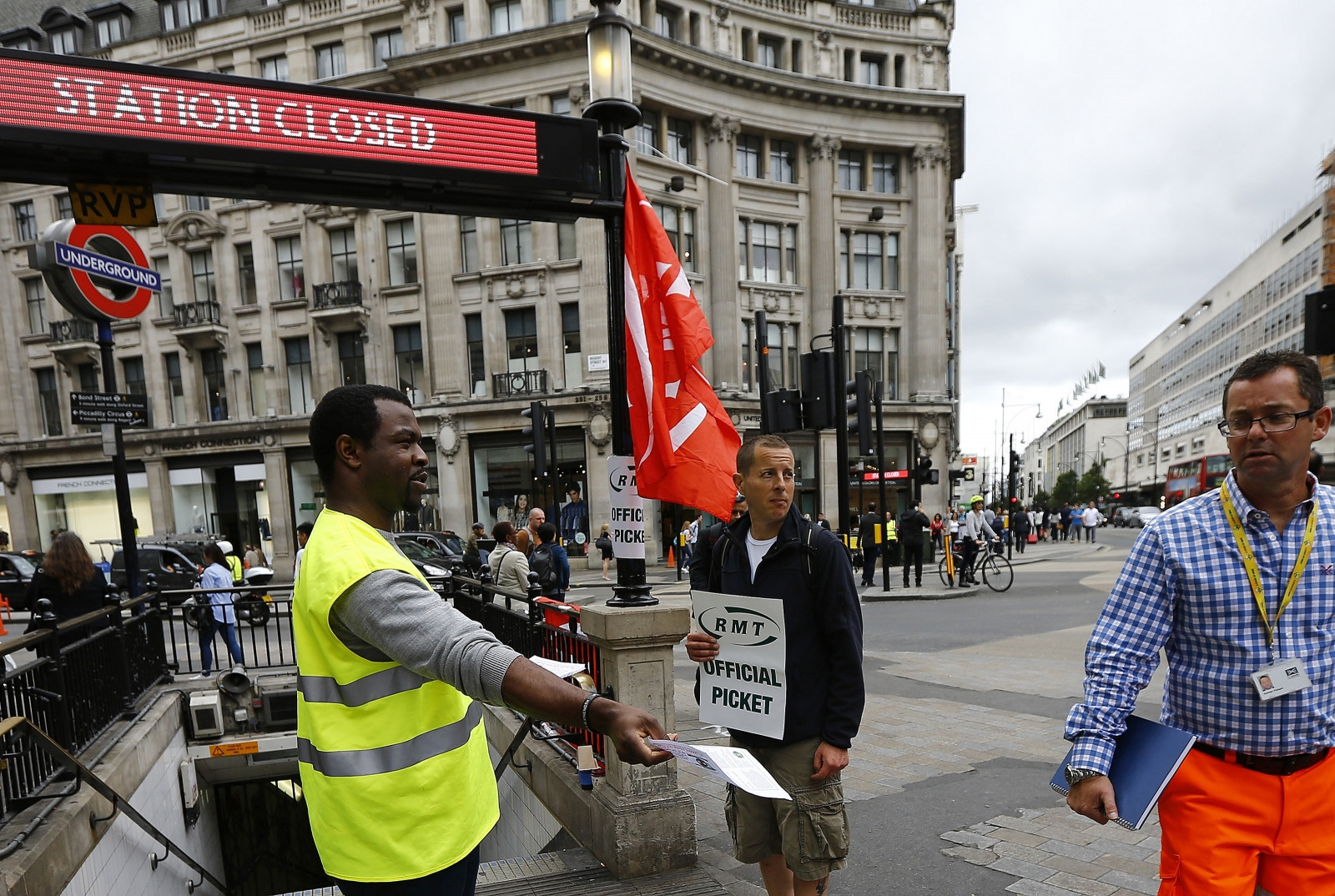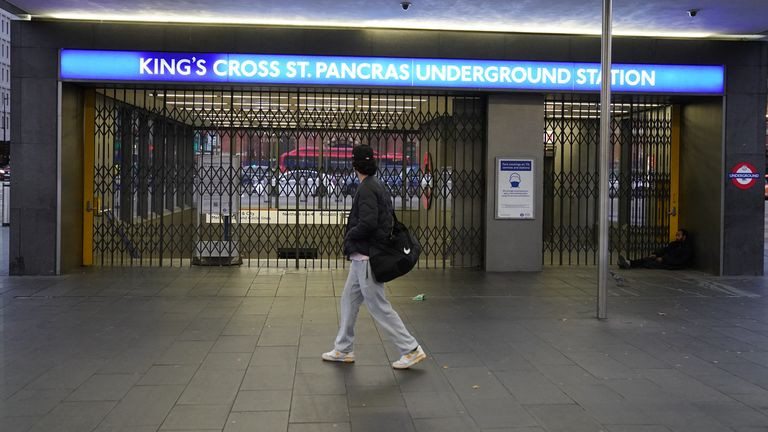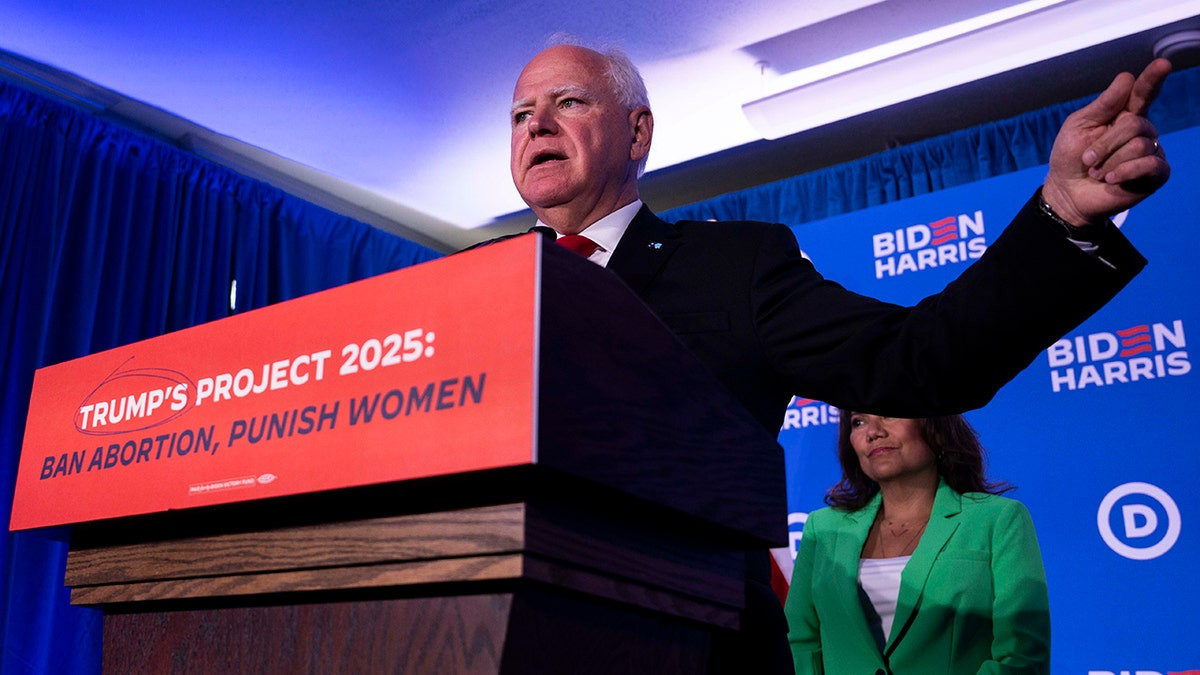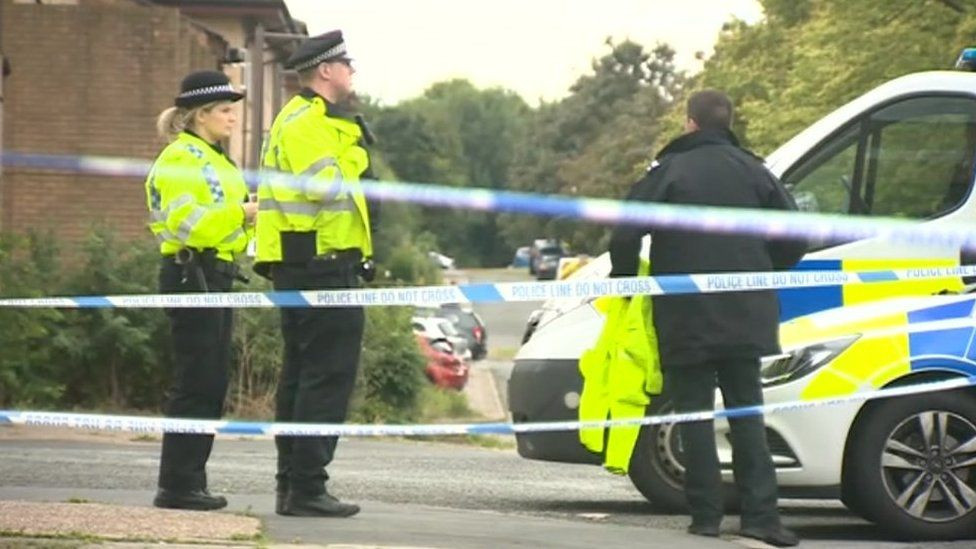London Underground workers are set to strike in November in a dispute over pay, potentially causing major disruptions for commuters and visitors to the capital. Both the Aslef and RMT unions have announced industrial action after rejecting pay offers from Transport for London (TfL).
Aslef, the train drivers' union, announced that its members, including drivers, instructors, management staff, and those in the engineering section, will strike across four days in November. The union's full-time organizer on the London Underground, Finn Brennan, stated, “We don’t want to go on strike – we don’t want to make travelling in and around the capital more difficult for passengers and we don’t want to lose a day’s pay – but we have been forced into this position because LU management won’t sit down properly and negotiate with us.”
Aslef members voted overwhelmingly in favor of strike action, with 98.8% supporting it, with a 68% turnout. The union is seeking a pay agreement that ensures drivers on the Underground earn at least as much as drivers on other TfL services, such as the Elizabeth Line and Overground, while working a shorter week and receiving paid meal breaks. Aslef stated that TfL's current pay offer of 3.8%, plus a variable lump sum, means Underground drivers will continue to earn less than drivers on other TfL services despite working longer hours.
Aslef members will strike on Thursday, November 7, and Tuesday, November 12, with engineering drivers also striking for 24 hours from 6 pm on November 1. Other groups of Aslef members will also be banning overtime at various times during November.
The RMT, representing other Tube workers, including signaling and station staff, has also announced a series of strikes between November 1 and 8. The union rejected TfL's pay offer, deeming it “wholly inadequate.” The RMT general secretary, Mick Lynch, criticized the offer, stating, “London Underground’s pay offer falls short of what our members deserve. It threatens to remove collective bargaining for a growing portion of staff, pushing them into pay bands that are decided solely by management. This undermines our members’ rights and the core principles of fair negotiation.” He further emphasized, “No trade union can accept any pay proposal where management decide which of our members gets a pay rise and those who do not.”
The RMT announced that its members, including maintenance workers, will strike on November 1. Signalers and station staff will strike from November 6 to 8. The union indicated that about 10,000 of its members are involved in the dispute and that it remains open to negotiations but insists on a “fair and fully consolidated“ pay offer.
TfL has expressed disappointment over the unions' decision to strike. A spokesperson stated, “It is disappointing that Aslef and the RMT have announced industrial action following our recent discussions over pay, terms and conditions. We have held several constructive discussions with our trade unions and, after considering their feedback, have made a revised offer with an average uplift of 4.6% which rewards our staff for their hard work and benefits the lowest-paid staff the most.” The spokesperson added, “We are engaging with our unions in good faith, having increased our offer since talks began, and have invited our unions to meet again next week. Our offer is fair for our people and affordable for London, and we urge our unions to continue working with us to support London and the wider economy.”
The planned strikes are likely to cause significant disruption to travel across London, potentially leading to overcrowding on buses, taxis, and other public transport modes. Commuters and visitors are advised to plan their journeys in advance and consider alternative travel options. The strikes also threaten to exacerbate London’s existing traffic problems.
It is crucial to note that the strikes could potentially impact not just London Underground services but also other TfL services, such as the Elizabeth Line and Overground. As the situation develops, travelers are urged to monitor updates from TfL and the unions involved for the most accurate information about potential disruptions to public transport services during the strike period.


















